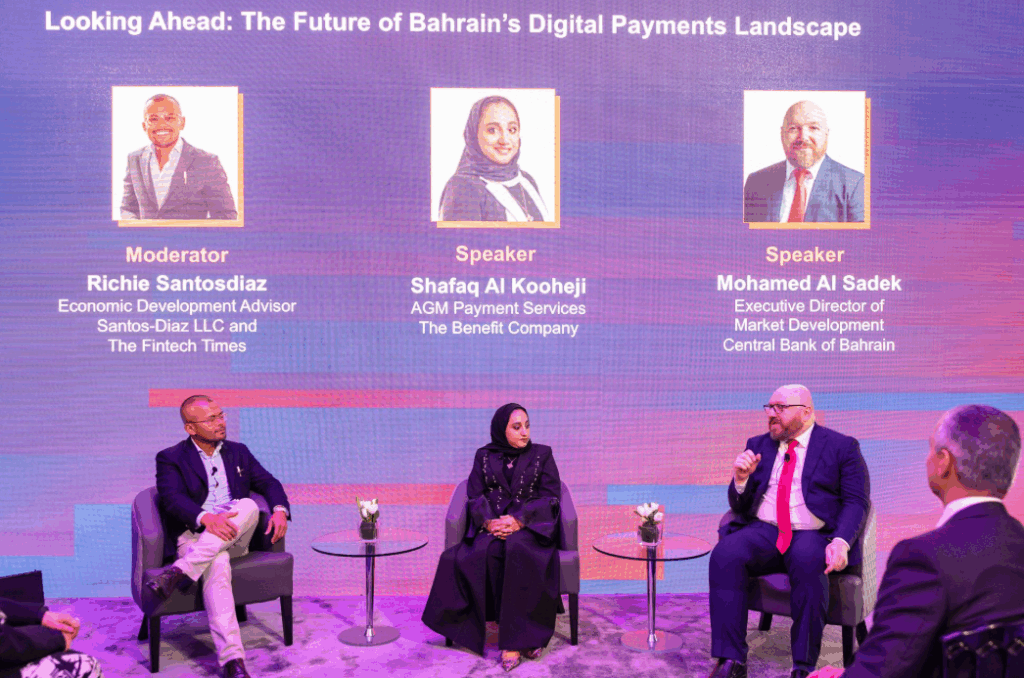Key takeaways
- Bahrain authorizes multi-currency stablecoins, allowing issuers to peg tokens to Bahraini Dinar (BHD), U.S. Dollar (USD), and other approved fiat currencies. This will enable cross-border use and global integration.
- The framework also allows yield-generating stablecoins that provide passive income via interest or Sharia-compliant returns.
- The Central Bank of Bahrain (CBB) will enforce strict licensing standards, requiring three years of crypto experience and imposing performance-based fees to ensure only qualified issuers enter the market.
- Stablecoins should be fully backed 1:1 by high-quality, liquid assets like AA-rated bank deposits and CBB securities, protecting redemption rights and market stability.
- Robust compliance and Sharia integration broaden appeal, as AML/CTF rules and Islamic finance support attract both institutional and faith-based investors.
Multi-Currency Framework Eliminates Geographic Barriers
The Central Bank of Bahrain (CBB) has unveiled a groundbreaking regulatory framework for stablecoins, setting the stage for the kingdom to become a leading digital asset hub in the Middle East. The new rules are quite different from the more conservative approaches seen elsewhere in the region and are already being hailed as among the most progressive in the Gulf countries.
Unlike the UAE’s Central Bank, which only permits AED-denominated stablecoins for domestic payments, Bahrain’s framework allows the issuance of fully fiat-backed stablecoins pegged to the Bahraini Dinar (BHD), US Dollar (USD), and other approved currencies. According to experts, the CBB’s decision to open the door to multi-currency stablecoins reflects a forward-thinking strategy that prioritizes both innovation and global market integration.

Yield-Bearing Tokens Make It Stand Apart
Bahrain’s policy also authorizes yield-generating stablecoins, enabling users to earn passive income through interest or Sharia-compliant returns on the underlying reserve assets.
The central bank established rigorous safeguards ensuring yield rates remain sustainable without undermining price stability or the financial strength of the issuer. This careful equilibrium demonstrates Bahrain’s commitment to innovation within a prudent risk management framework.
Strict Licensing Standards To Protect Market Integrity
The CBB is demanding exceptional qualifications from prospective stablecoin issuers. Applicants must demonstrate three years of proven cryptocurrency operations or stablecoin issuance experience, establishing high entry barriers.
Licensing fees will be calculated based on performance, set at 0.25% of operating expenses, with a minimum of BHD 5,000 and a maximum of BHD 12,000. This model ensures regulatory costs are aligned with the scale and complexity of each business.
In another departure from regional norms, Bahrain’s rules mandate a 1:1 reserve ratio, backed exclusively by high-quality, liquid assets. Permissible reserves include deposits with AA-rated banks, debt securities issued by the CBB, and government-backed repurchase agreements. These safeguards help ensure stablecoin redemption rights, boost consumer confidence, and minimize systemic risk.
Comprehensive Compliance For Financial Integrity
To strengthen transparency and financial integrity, issuers must also adhere to robust anti-money laundering (AML) and counter-terrorist financing (CTF) requirements. The CBB has the authority to reject any application that threatens Bahrain’s economic interests, investor protection, or market stability.
Another innovation is the inclusion of Sharia-compliant models, allowing Islamic finance institutions and investors to participate in the stablecoin ecosystem. This aligns the country’s fintech ambitions with its role as a leader in Islamic finance.
Bahrain’s broader, more inclusive approach is expected to attract many major crypto firms and institutional investors, seeking regulatory clarity and operational flexibility.
Industry observers view the CBB’s stablecoin module as a pivotal step toward transforming Bahrain into a regional hub for blockchain innovation. By integrating high standards of financial regulation with cutting-edge digital finance solutions, Bahrain is not only modernizing its financial sector but also challenging other countries in the region to keep pace.
With this bold regulatory leap, Bahrain is redefining how Middle Eastern nations regulate digital assets and demonstrates how effective oversight can be achieved without hindering innovation.
Read More: Bitcoin.com Launches Regional Headquarters in Dubai



